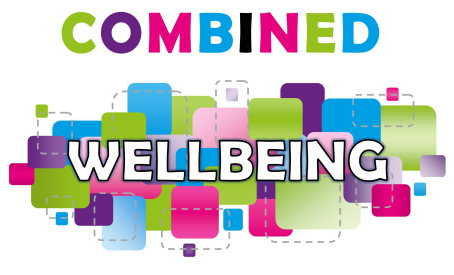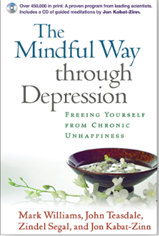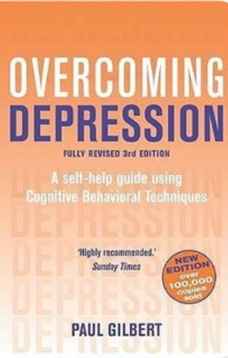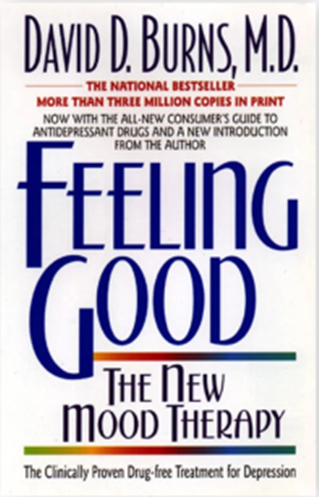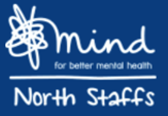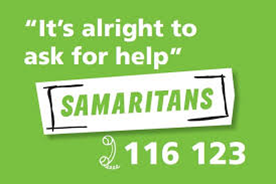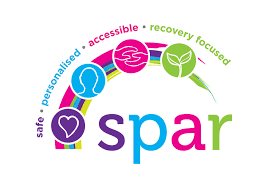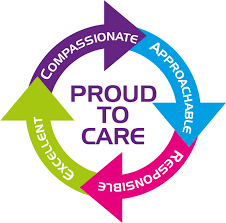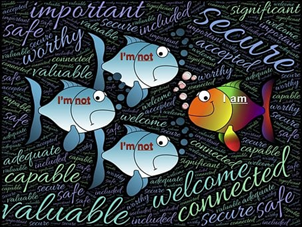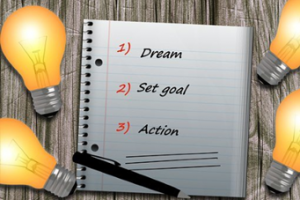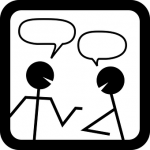Depression

Information
Here you’ll find answers to some common questions concerning depression
Select the underlined causes below to see more.
 Depression can affect people of any age, including children. It is one of the most common mental illnesses. It affects about 1 in 6 of us.
Depression can affect people of any age, including children. It is one of the most common mental illnesses. It affects about 1 in 6 of us.
Depression is a long-lasting low mood disorder. Depression is when you feel persistently sad for weeks or months, rather than just a few days. It affects your ability to do everyday things, feel pleasure or take interest in activities.
Everyone has ups and downs. Sometimes you might feel a bit low, for lots of different reasons. People may say that they are feeling depressed when they are feeling down, but this does not always mean that they have depression.
Depression is:
- a mental illness
- common – it affects about 1 in 6 of us
- something that anyone can get a
- treatable.
Depression is not:
- something you can ‘snap out of’
- a sign of weakness
- something that everyone experiences
- something that lasts forever
There is no single cause of depression. Different things may cause depression for different people. This section looks at some of the things that might cause depression, or depressive symptoms.
- Some researchers have suggested that people who have a parent, or sibling, with depression, have 2 – 3 times more chance of developing depression. However, just because a relative lives with depression, it does not mean you will too.
- Research has also suggested that stressful events, such as problems at home or work, a relationship ending or financial issues may also make it more likely you will get depression.
- Changes in your hormones and chemicals in your body may cause depressive symptoms. For example, at some point many women might find their mood is affected in the weeks before their period, called pre-menstrual syndrome (PMS). Some women may struggle with premenstrual dysphoric disorder (PMDD). PMDD is similar to depression, and has similar symptoms to PMS, but the symptoms are more severe.
- Having problems with your thyroid or having low levels of Vitamin B12 may also be linked to feeling symptoms of depression.
- Some studies have shown that not exercising, being under or overweight can increase the risk of experiencing depressive symptoms The risk can also be increased by having fewer social relationships.
- Both legal and illegal drugs might affect your mental health. If you take prescribed medications, it is important to make sure you take them in the way your doctor suggests.
- Some people will drink alcohol because it feels like it can relieve anxiety or depression. However, the evidence suggests that if you drink regularly or misuse alcohol you are at a greater risk of developing depression.
- Depression can come with other mental or physical health conditions such as such as diabetes or cancer. Medication taken for these conditions may cause side effects which might trigger depression for some people.
- Some people with brain injuries and dementia may also have changes in their moods.
The NHS recommends that you should see your GP if you experience symptoms of depression for most of the day, every day, for more than 2 weeks.
Some symptoms of depression are:
- low mood, feeling sad, irritable or angry
- having less energy to do certain things
- losing interest or enjoyment in activities you used to enjoy
- reduced concentration
- becoming tired more easily
- disturbed sleep and losing your appetite
- feeling less good about yourself (loss of self-confidence)
- feeling guilty or worthless.
You may also find that with low mood you:
- feel less pleasure from things
- feel more agitated
- lose interest in sex
- find your thoughts and movements slow down
- have thoughts of self-harm or suicide.
Your doctor should also ask about any possible causes of depression. For example, they may want to find out if you’ve experienced anything traumatic recently which could be making you feel this way.
Alcohol
Alcohol can worsen symptoms of depression, and in some cases cause them. Consider changing your drinking habits as this can help with your depression.
Alcohol is a depressant, and it can alter the chemical balance in your brain. Research indicates that drinking heavily and regularly is associated with depression. If you drink more than the UK Chief Medical Officers low risk drinking guidelines (it’s safest to drink no more than 14 units a week, spread over three or more days with several drink-free days, and no bingeing) it can have a negative effect on your brain chemistry, and lead to worse mental health.
Alcohol slows down processes in your brain and central nervous system and can initially make you feel less inhibited. Initially, you may feel more relaxed; but these effects wear off quickly.
The more that you drink means you build a greater tolerance for alcohol, which means you need to drink more alcohol to get the same feeling. If you rely on alcohol to hide the feelings of depression, you may become reliant on it – putting you at risk of alcohol dependence. In severe cases of alcohol misuse suicidal thoughts can be triggered too. Research studies have found that binge drinkers are more likely to have symptoms of depression, with people who reported regular hangovers most at risk.
Reducing or stopping your alcohol intake can improve your mood and mental health. Research has identified that if you are depressed stopping drinking alcohol totally for just for weeks can make a clear difference on how you feel. Importantly, keeping alcohol free in the longer-term will reduce the link between alcohol and depression and prevent the linking symptoms from returning.
The Royal College of Psychiatrists recommend that for people who need help with both their drinking and depression, it’s usually best to tackle the alcohol first and then deal with the depression afterwards, if it hasn’t lifted after a few weeks.
After lowering alcohol consumption for a few alcohol-free weeks, many people find they feel better. By drinking less, you may find it less difficult to get up and face the day, and friends and family may find you easier to get along with. If you need further advice please link to the Alcohol Topic on the Wellbeing Portal where there is more information and support around reducing or stopping drinking alcohol.
Drug Use
Like alcohol misuse – illicit drug usage can negatively affect a person’s brain and behaviour. It can cause an inability to control the use of substances resulting in an addiction which means the person is unable to stop a behaviour or stop using a particular substance. Research indicates that there is a high prevalence of mental health issues (e.g., depression and anxiety) where people use substances. Whilst depression symptoms such as low mood can cause a person to misuse drugs, a substance misuse disorder may also cause a person to suffer depression. This can trigger brain changes that make a person more likely to develop a mental health condition.
Although, substance misuse and mental health conditions frequently occur together, importantly one does not necessarily cause the other.
Some people with mental health conditions may use drugs to ‘self-medicate’ which may have the short-term impact of relieving a person’s symptoms, but the reality is that over the longer-term these will in most cases worsen. It is important to note that changes in the brain associated with mental health conditions may also increase the rewarding effects of some substances. This may make a person more at risk of further substance misuse.
Symptoms of substance misuse also vary depending on the person, their existing mental health conditions and the substance they are using.
Continued use of a substance can negatively affect a person’s health and personal life, causing: –
- Impaired daily functioning, such as skipping hygiene routines
- Decreased physical health, such as sudden weight loss or interrupted sleep
- Financial strain
- Mood swings
- Decreased participation in hobbies
- Increased isolation and reduced social interaction
A mental health professional will generally treat a person’s substance misuse issue and depression together. As symptoms of the conditions may overlap, so will their treatments. Certain medications and therapies can treat both the substance misuse issue and depression, and treating the conditions simultaneously is viewed as more effective.
If you need further advice please link to the Drug Topic on the Wellbeing Portal where there is more information and support around reducing or stopping drug misuse.
The first step to getting treatment is to see your GP. If your GP thinks you have depression, they will talk to you about the treatments they can offer :-
- Talking therapy is a general term to describe any psychological therapy that involves talking. You may also hear the terms counselling or psychotherapy used to describe talking therapy.
- Therapy should offer you a safe, confidential place to talk about your life and anything confusing, painful or uncomfortable. It allows you to talk with someone who is trained to listen attentively and to help you improve things.
Your doctor might offer you an antidepressant. You may need to try different types before you find one that works for you. If you do not want to take antidepressants, tell your doctor and you can discuss other options.
Regular exercise can help with your mood if you struggle with depression. Some GP surgeries will put you in touch with local exercise schemes. This is sometimes called ‘exercise on prescription’ and can give you access to free or reduced cost programmes.
You can also access the Staffordshire and Stoke-on-Trent Wellbeing Service (the link is below)
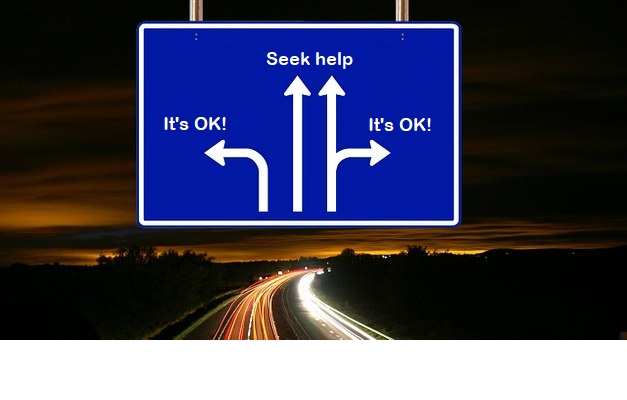
Coping with
Top tips to cope if you have worries about depression.
The following buttons are self-help suggestions
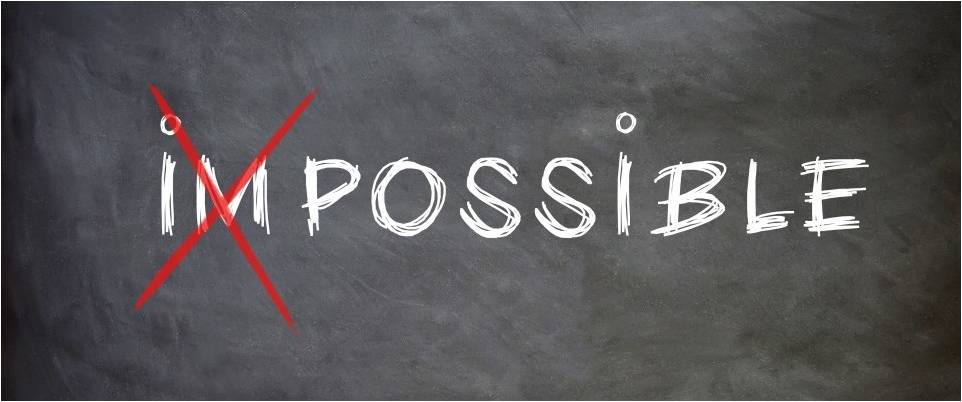
Finding help
Who can you talk to?
- Supportive family, friends.
- GP
Mental health support
Select the underlined topics below to view what resources are available.
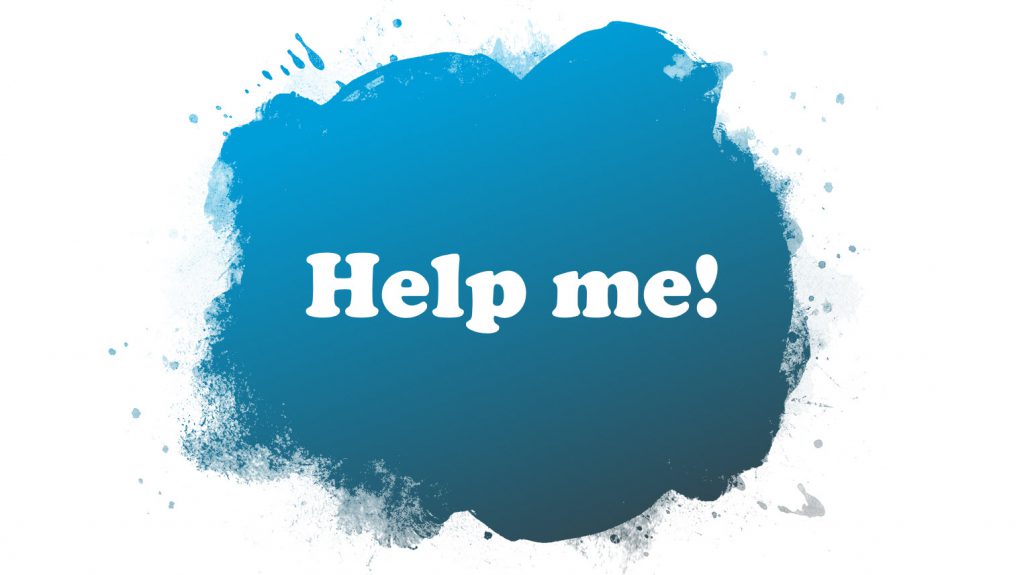
Getting more help
If you haven’t already found the help you’re looking for, you can find additional information and services which are more interactive here.
